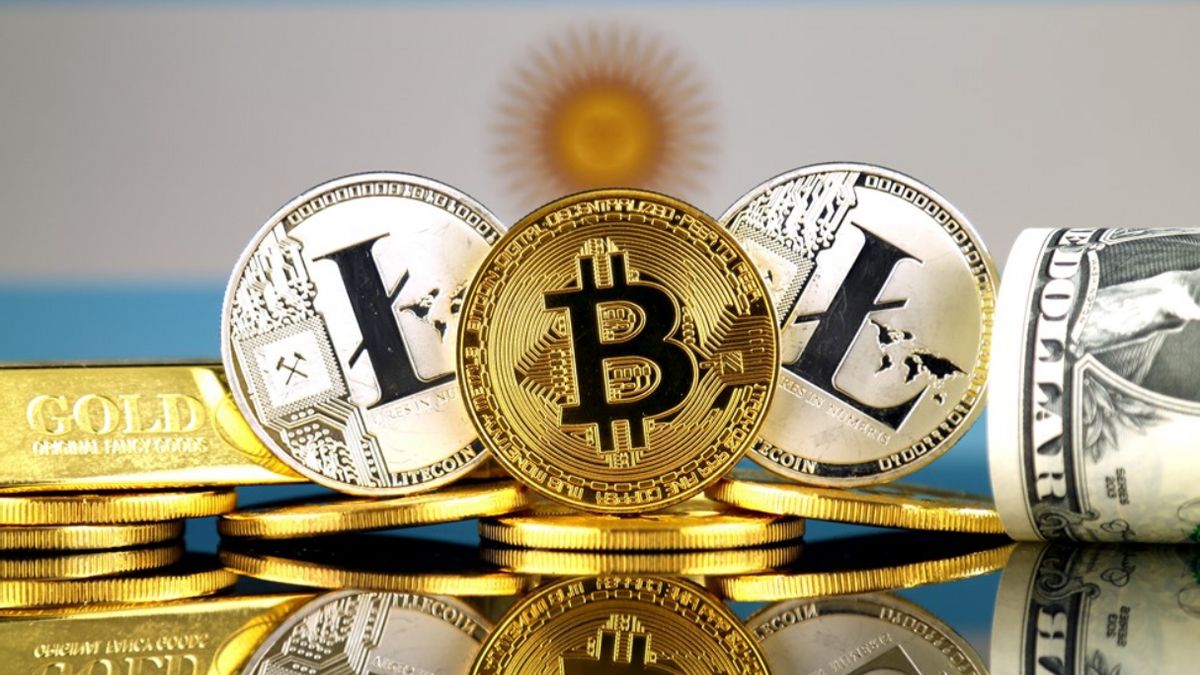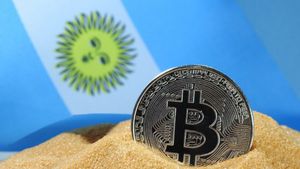JAKARTA Amid growing adoption of cryptocurrencies in Argentina, the country's financial authorities are trying to balance the need for regulation with the desire to support industrial growth.
The Argentine National Securities Commission (CNV) has launched a new registration program for crypto exchanges and service providers, which is described as "simple" and free from "formality and morals."
This move was taken in response to the country's high inflation, prompting many to switch to cryptocurrencies as an alternative. Argentine President Javier Milei has previously voiced his support for Bitcoin (BTC), but Buenos Aires also needs to comply with international standards as set by the FATF (Financial Action Task Force).
CNV wants to show a more accommodative attitude towards domestic crypto companies, which have previously raised concerns about regulations "threatening."
SEE ALSO:
CNV president Roberto Silva held a meeting with representatives of the crypto industry and blockchain to listen to their needs and understand how regulations can be implemented without hampering their activities.
Silva promised to "let go," "understand," and "work together" with the private sector to achieve compliance with FATF standards without hindering innovation and growth.
Concerns And Challenges
Some have criticized CNV's move, accusing Milei of "tricking" those who support deregulation and oppose greater government control. However, crypto regulation is considered important to legitimize this sector, build trust, and protect investors from fraud.
Argentina has been taking crypto regulatory measures since 2014, including reporting crypto operations, crypto taxes, and reporting of exchange activity. CNV efforts to balance regulations and industry support show that Argentina wants to be a player in charge in the global crypto space.
With continuous dialogue and cooperation between regulators and industry, Argentina can build a regulatory framework that supports growth and innovation while protecting investors and complying with international standards.
The English, Chinese, Japanese, Arabic, and French versions are automatically generated by the AI. So there may still be inaccuracies in translating, please always see Indonesian as our main language. (system supported by DigitalSiber.id)














